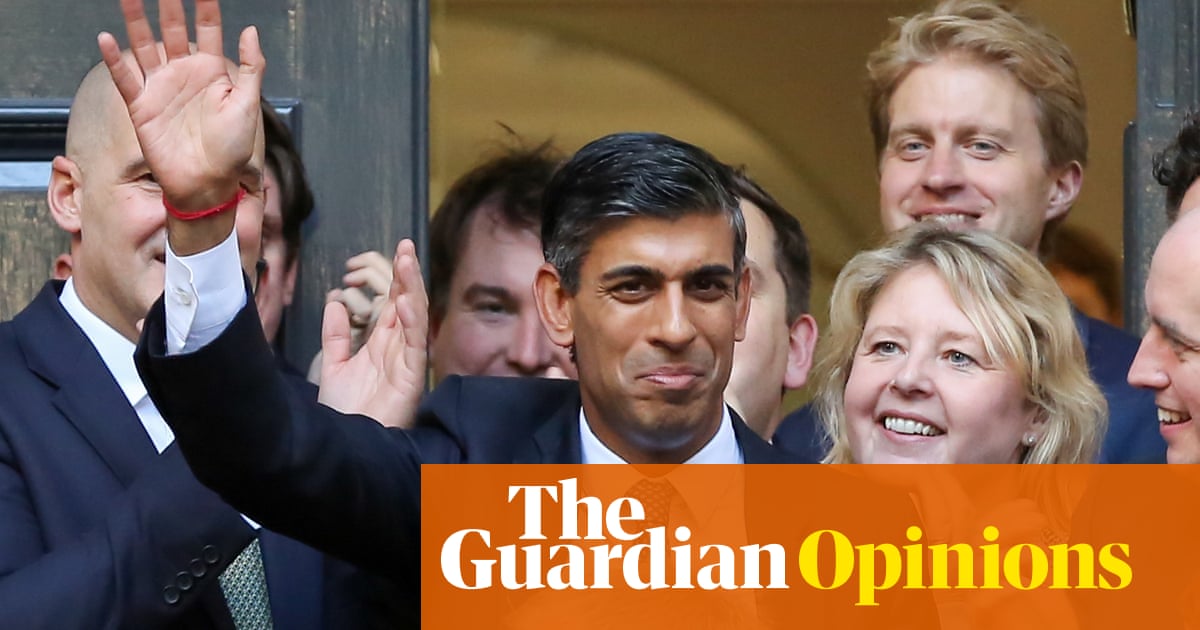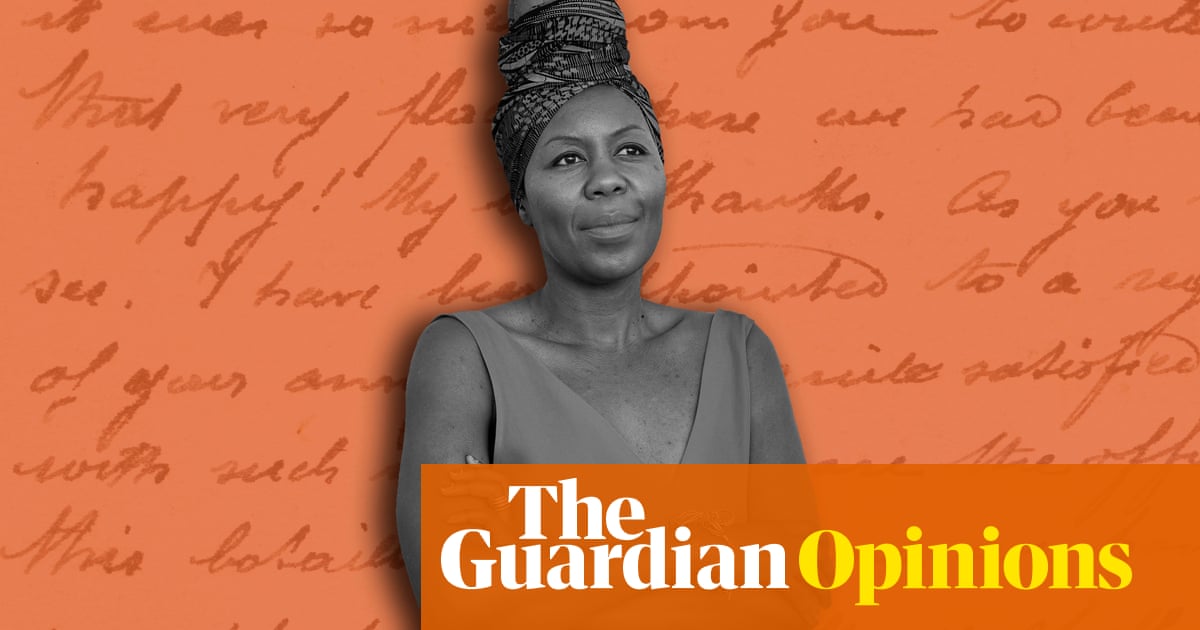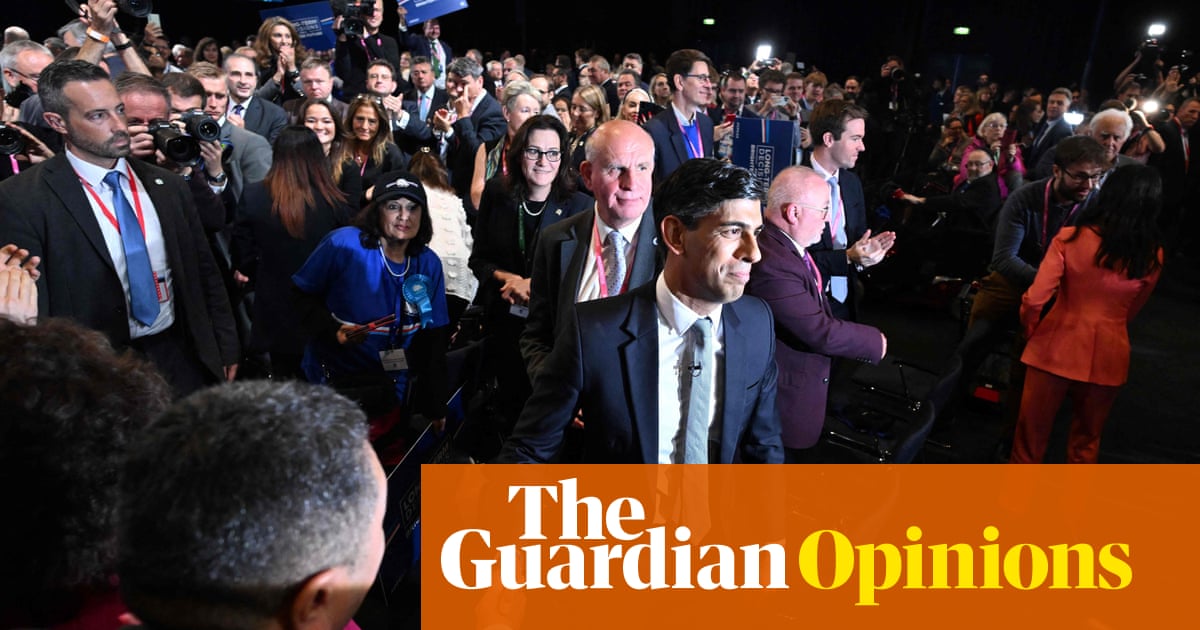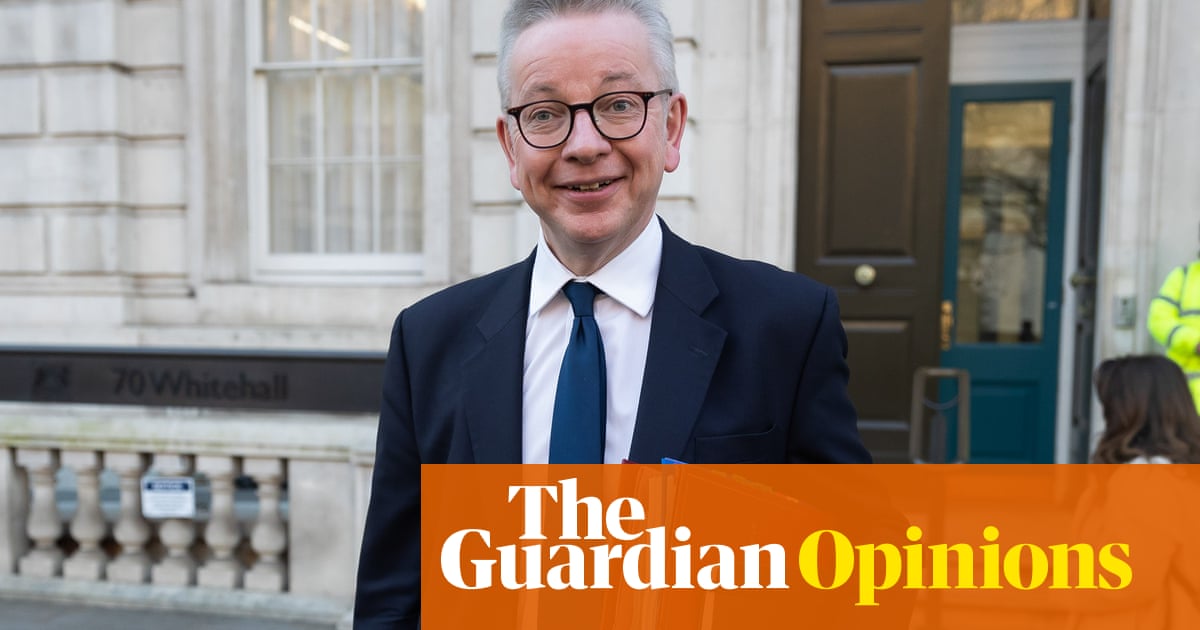
People don’t generally go into British politics for the money, although the money isn’t bad. The basic annual MP’s salary of £84,144 is more than double the UK average. Ministers earn even more. But there are quicker ways to get rich.
There are careers where greed can go naked. In politics it has to skulk in itchy robes of public service. Bankers and hedge fund managers don’t need to explain what principle called them to global finance. When Rishi Sunak did those jobs, I doubt he was ever asked why. By the time he switched to politics, he had earned heaps of cash and married Akshata Murthy, the daughter of a billionaire. Cupidity was not the reason he sought office.
Likewise, the prime minister’s failure to declare a conflict of interest over government childcare subsidies probably doesn’t expose venal machination. Only in the flickering bunker light of internet conspiracy theory does it look like a devious diversion of budget resources. Carelessness is the plausible explanation. But it is the cultivated carelessness of an unusually rich politician who is desperate to look normal.
Sunak has a reputation in government for nerdy attention to detail. It would be surprising if he forgot that his wife owns shares in a company that trains childminders, or that this company stands to benefit from new government childcare subsidies, when discussing the policy with a parliamentary committee. The prime minister was asked if he had anything to declare. He said no, adding that his interests were declared “in the usual way”.
Downing Street says the spousal connection was recorded in the register of ministerial interests, which hasn’t been published. The MPs’ code of conduct asks members to be “always frank and open” about such matters, which suggests Sunak should have flagged it to the committee.
The parliamentary standards commissioner is investigating, which is embarrassing for a prime minister whose first pledge on taking office was to govern with “integrity, professionalism and accountability at every level”.
It isn’t much of a challenge to govern more competently than Liz Truss and break fewer rules than Boris Johnson. Sunak paid a fine for attending one of the illegal Downing Street parties during lockdown, but something about his geeky persona meant the smell of reckless wrongdoing didn’t stick. It was the same when he was busted for not wearing a seatbelt in a moving car. Sunak’s uptight manner suggests the kind of person who is mostly fastidious in buckling up.
So the prime minister is not in danger of being reviled as a reprobate. His brand can still be tarnished by hypocrisy. It doesn’t help that his efforts to sound authoritative come across as preachy and his blokeish affectations for the campaign trail are cringemaking.
That is where the money could get awkward, not as a question of probity but authenticity. Wealth is no obstacle to electoral success in Britain. Labour kept wanting David Cameron’s poshness to be a problem for him and it never was, despite austerity, despite shrinking real wages and rising energy bills. Cameron was accused of being out of touch. Opinion polls proved the charge was resonating with voters all the way up to the 2015 election, when the Tories won a majority.
Since then, the cost of living crisis has got much worse, and the Tories have driven the economy into a ditch. But there has been collateral damage to the whole of Westminster, regardless of party affiliation. Voters may doubt that Sunak feels their pain from the comfort of his swimming pool, but they also don’t want lectures on the subject from Labour. And, to the perennial frustration of the left, plenty of people see “millionaire” as a badge of success, a desirable status, not an insult or a target for expropriation.
But they still think dues should be paid, which is why Labour’s attack on the Sunak family finances focuses on the non-domicile status that Murthy enjoyed while her husband, as chancellor, was scrapping revenue from everyone else. The most revealing feature of that story when it broke was Sunak’s tin-eared response. He was reluctant to engage with questions. When pressed, he turned prickly and self-righteous, as though his wife’s honour and not his judgment were the object of scrutiny.
It was around the same time that Sunak was filmed failing to operate a contactless card payment device. It was part of a bungled publicity stunt in which he put petrol in a mid-range car that turned out to be borrowed for the purpose, because it was humbler than any vehicle in his personal fleet.
These are the sorts of details that stick in voters’ minds. They can make the difference between casual acceptance that a prime minister is rich – aren’t they always? – and the suspicion that he lives far away on Planet Money, squinting down on the little people below scurrying around trying to make ends meet in their dinky cars, with their insufficient maths qualifications.
The investigation into whether Sunak should have declared a conflict of interest to parliament is not going to reveal anything we don’t already know about the prime minister. Nor, I suspect, will it suddenly shift opinions about him. Labour can’t make too big a thing of it, not least because last year Keir Starmer had to apologise for failing to update his entry in the MPs’ register of interests.
But the episode points to an insecurity in the Conservative leader: not his fortune, but his resentment of the way it defines him.
Sunak isn’t in politics for the money, but it isn’t obvious what drives him instead. He launched his first leadership bid last summer with a personal film about family and opportunity, making a parable of his immigrant background. When that didn’t win the hearts of Tory grassroots, he rewrote his pitch as a crusade against “woke nonsense”. To woo fanatical Eurosceptics away from Truss, he promised to shred every legacy EU regulation in British law within 100 days of taking office – a commitment as dangerous as it was unrealistic.
When Sunak did eventually become leader, his mandate was to clear up the mess left by the person his party had trusted more than him to believe what they believed.
The circumstances made a virtue of stability under a prime minister who wouldn’t move fast or break things. But as time goes on, and stability shades into stagnation and decay, there will have to be some sense of direction, of purpose at the top. Then living on a remote planet made of money could be a real problem for the prime minister; not because he is rich, but because he isn’t anything else.
Rafael Behr is a Guardian columnist












